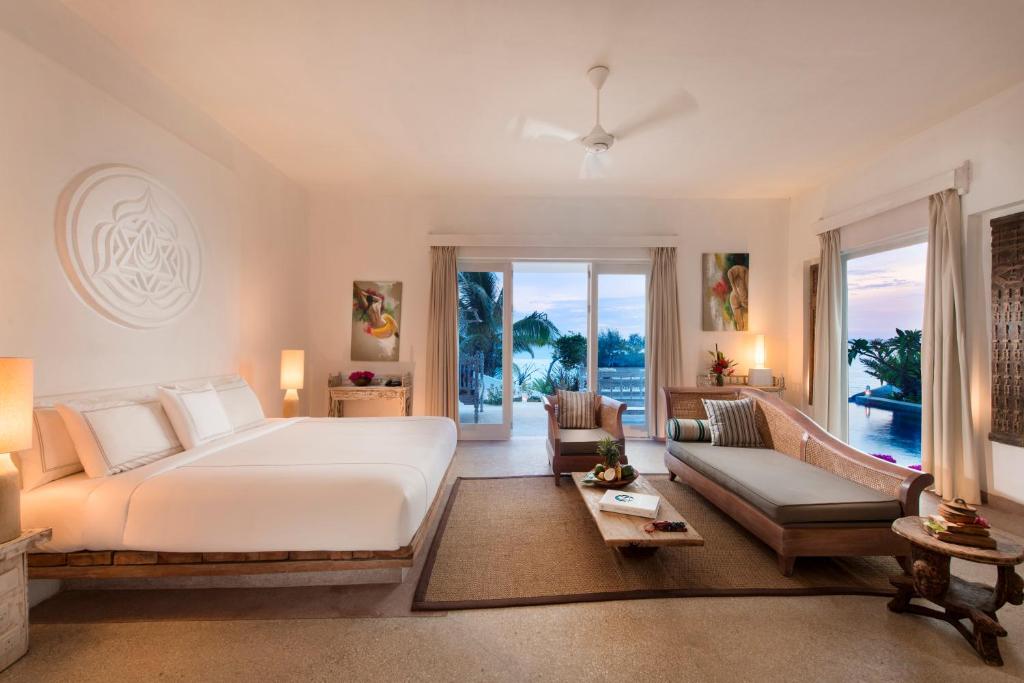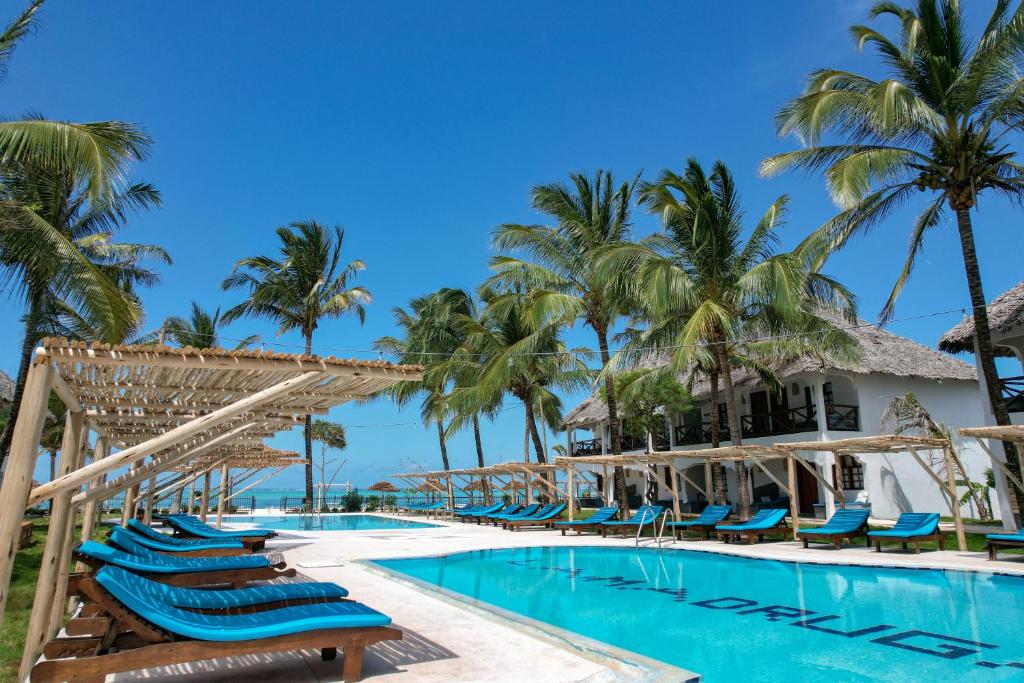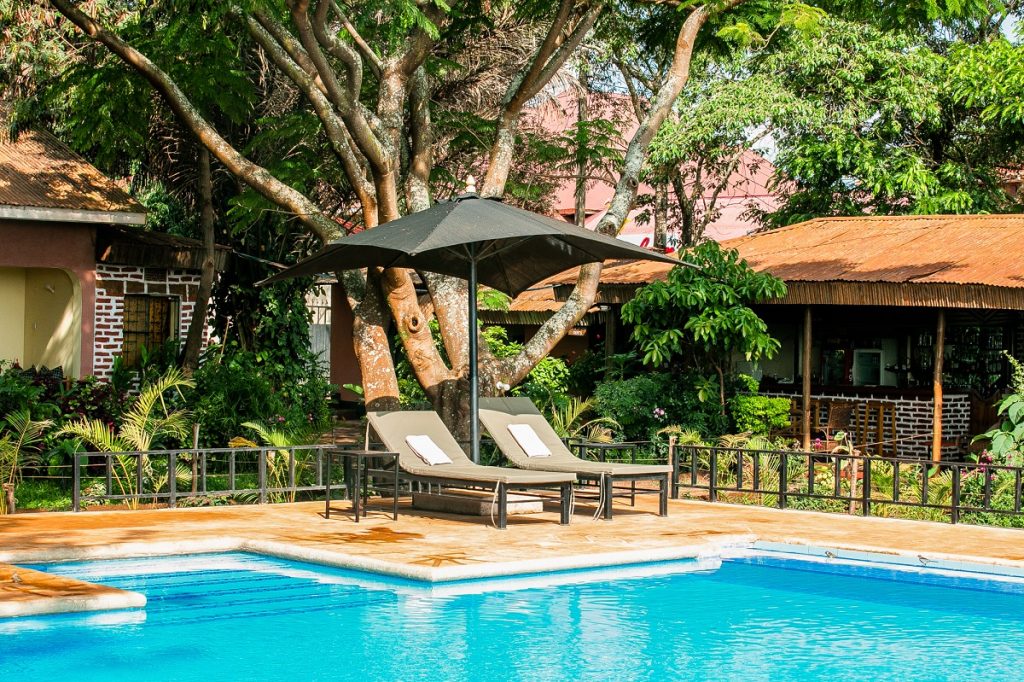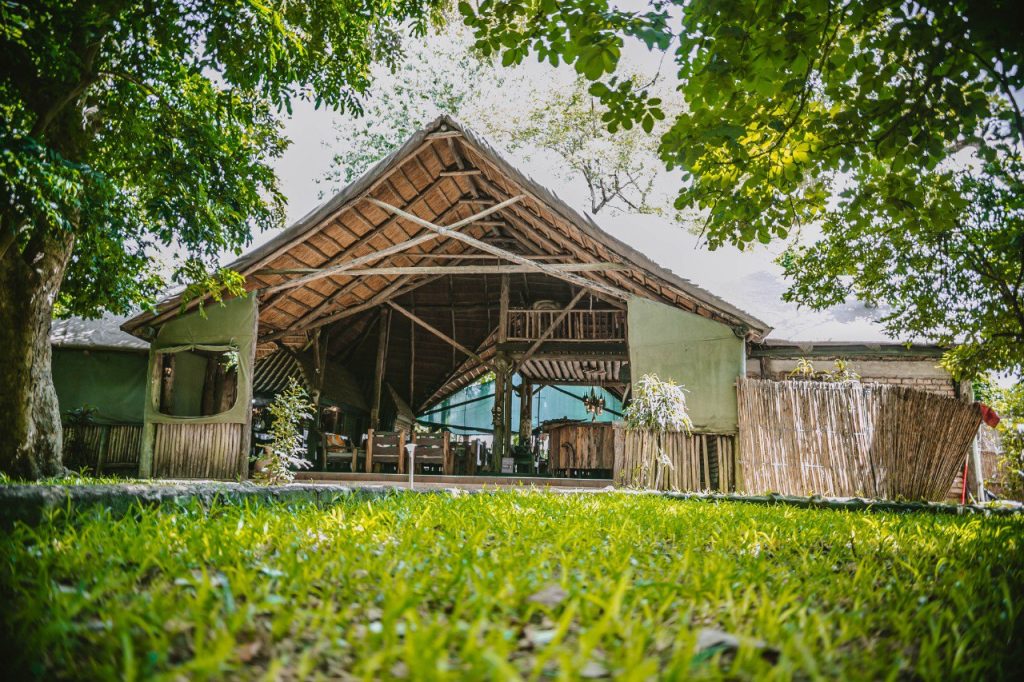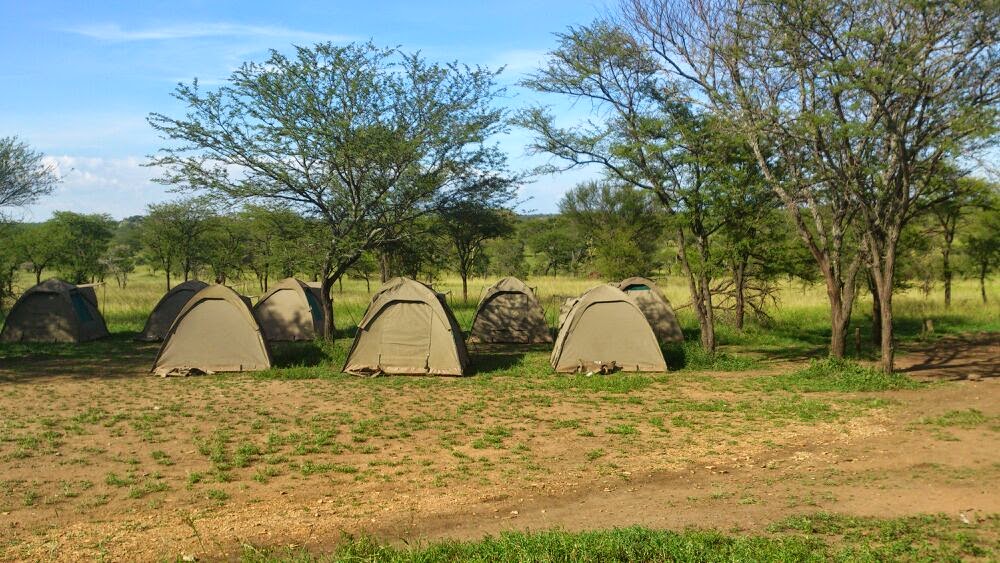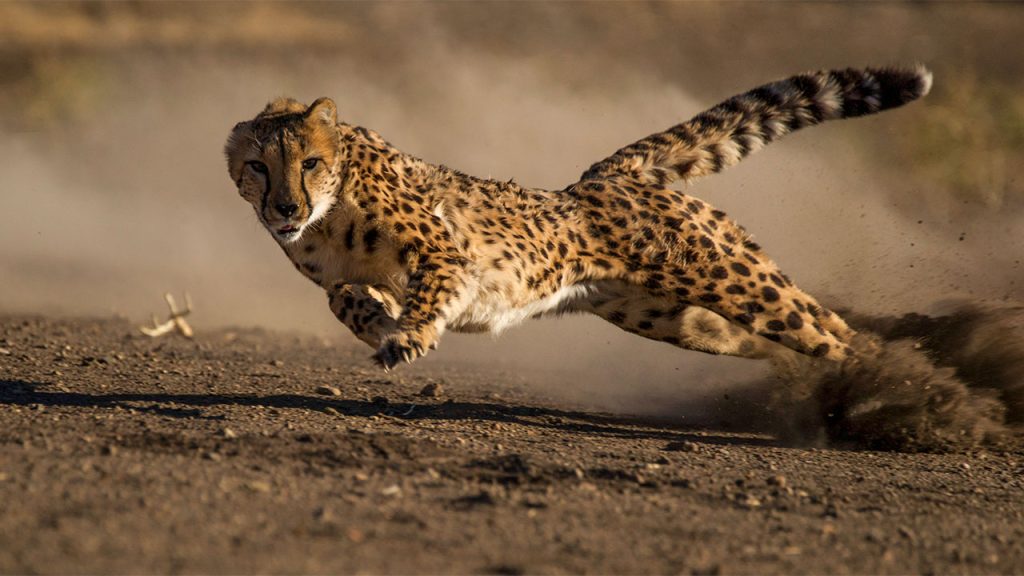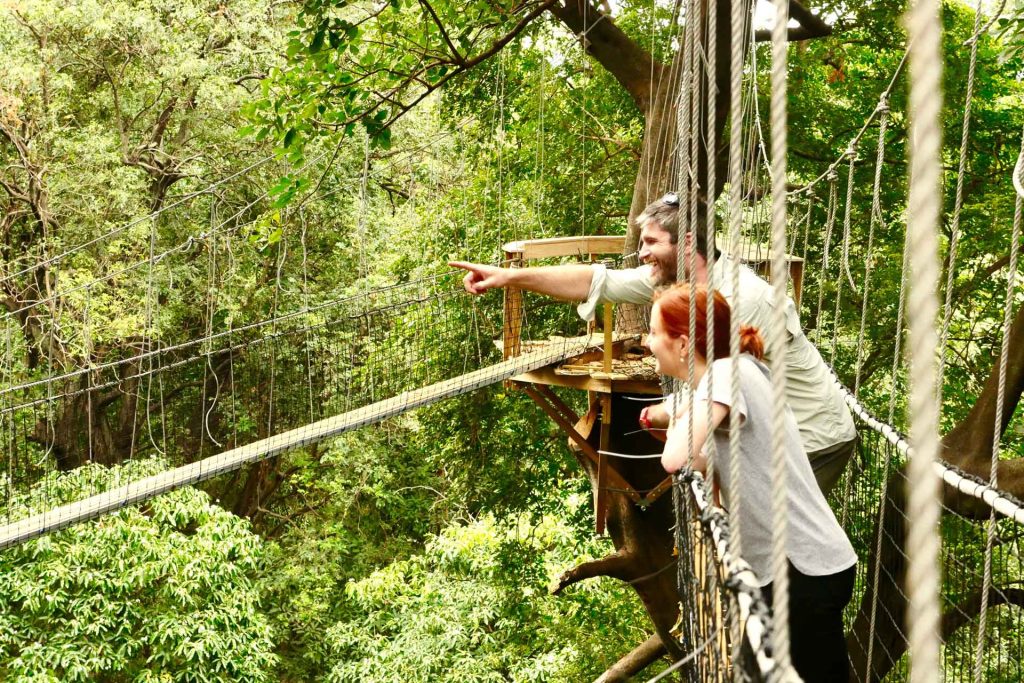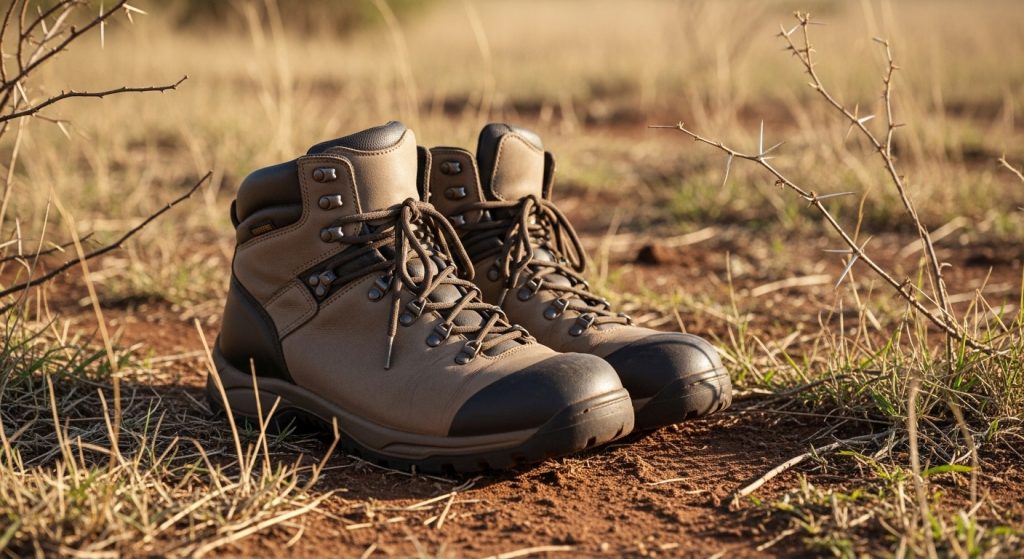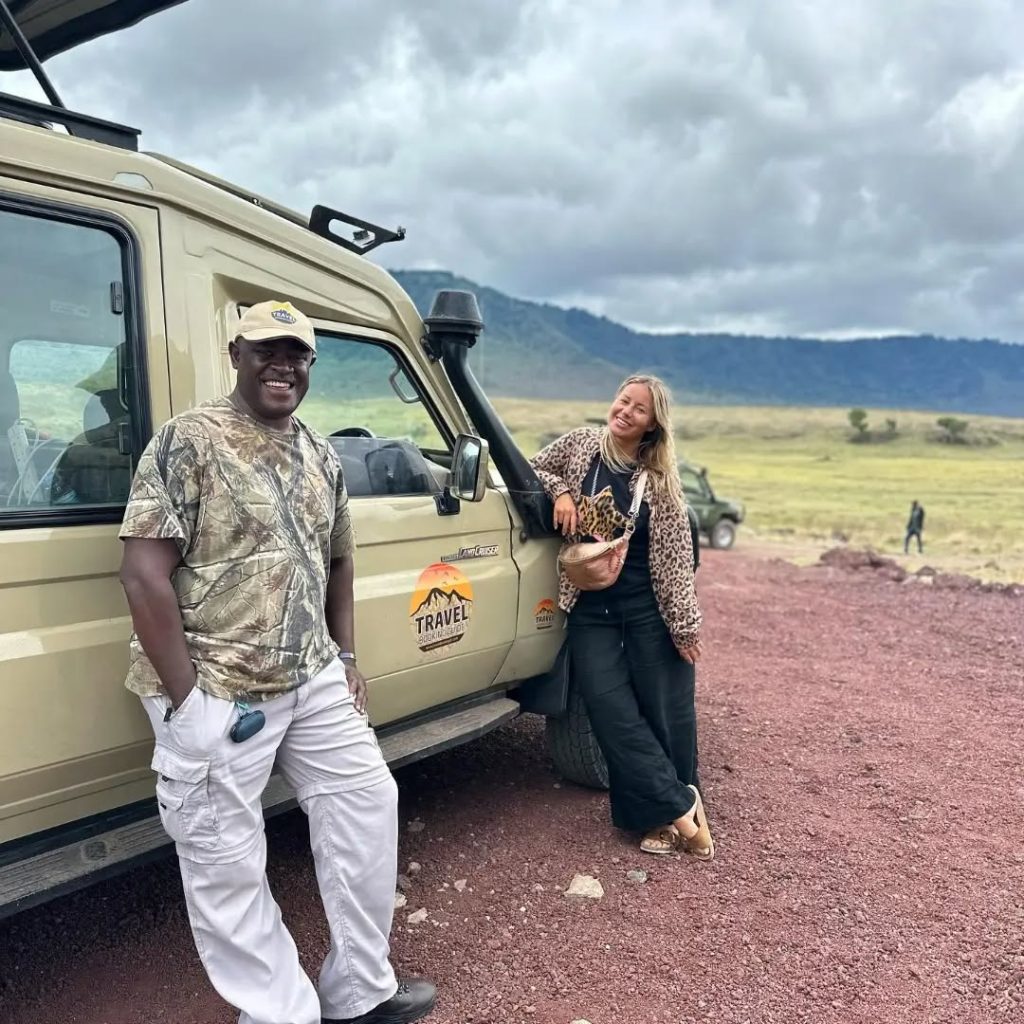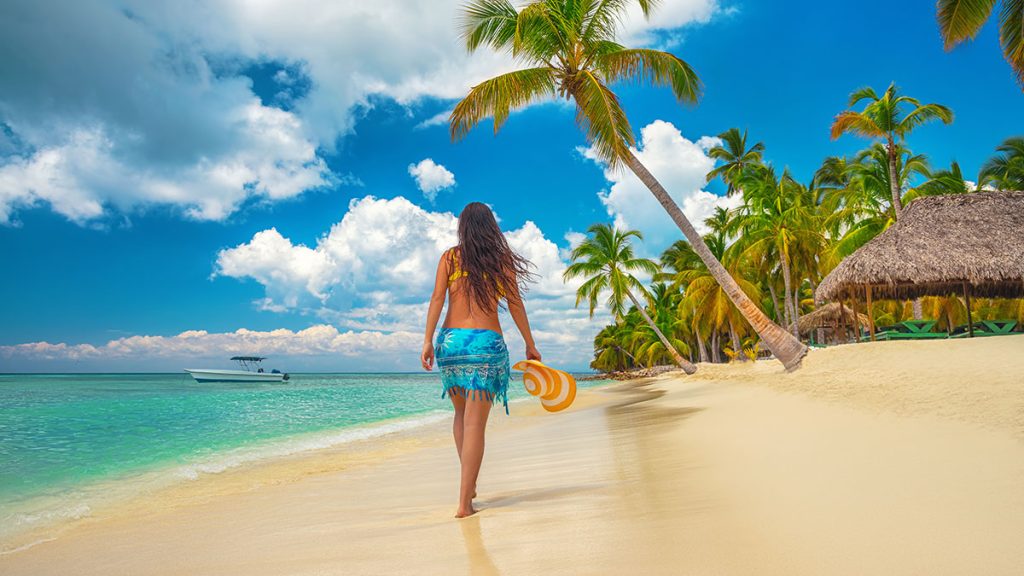Tanzania Safari
Let us create your tailor-made trip
Receive a free, no obligation quote
About Tanzania
Tanzania is undeniably one of the best places to experience Africa and the magic of safari. As the largest country in East Africa, nearly a third of its land is protected for wildlife, offering endless opportunities for unforgettable game viewing. While classic game drives are a highlight, a Tanzanian safari is far more diverse than you might expect. Picture tracking chimpanzees in the remote Mahale Mountains, walking safaris and fly camping in Tarangire, boating along the rivers of Selous, or simply unwinding on the breathtaking shores of the Indian Ocean. Of course, no safari in Tanzania would be complete without witnessing the awe-inspiring Great Migration across the Serengeti—a true spectacle of nature.
Where to go in Tanzania
Where to stay in Tanzania
Luxury Tanzania safari
A luxury Tanzania safari is the ultimate way to experience the country’s iconic landscapes and extraordinary wildlife in unmatched comfort and style. From elegant tented camps in the Serengeti with front-row seats to the Great Migration, to exclusive lodges nestled in the Ngorongoro Highlands, every detail is thoughtfully curated to provide an exceptional safari experience. Private game drives, gourmet dining under the stars, and personalized service elevate each moment, while scenic flights between destinations ensure a seamless and stress-free journey. Whether you’re tracking the Big Five or relaxing on a secluded beach in Zanzibar, a luxury Tanzania safari blends adventure with indulgence for an unforgettable escape.Luxury Tanzania Safari Tours offer the ultimate way to explore the country’s breathtaking landscapes and extraordinary wildlife while enjoying unmatched comfort and style. Imagine staying in elegant tented camps in the Serengeti, with front-row seats to the Great Migration, or unwinding in exclusive lodges in the Ngorongoro Highlands surrounded by stunning views.
Every detail of a Tanzania luxury safari is designed for an exceptional experience, private game drives with expert guides, gourmet dining under the African stars, and personalized service that anticipates your every need. Scenic flights between destinations make your journey seamless and stress-free, allowing you to maximize your time in the wild.
From tracking the legendary Big Five to relaxing on the white-sand beaches of Zanzibar, a luxury safari in Tanzania blends adventure, exclusivity, and indulgence for an unforgettable escape. Start planning your luxury Tanzania safari package today and discover why Tanzania is Africa’s most iconic safari destination.
When to go on a Tanzania safari
The best time to go on a Tanzania safari depends on what you want to experience, but overall, the dry season from late June to October is considered ideal. During this time, wildlife is easier to spot as animals gather around water sources and vegetation is thinner, especially in the Serengeti and Tarangire. If witnessing the Great Migration is on your bucket list, plan for June to July for the dramatic river crossings or January to March for the calving season in the southern Serengeti. The green season, from November to May, brings lush landscapes, fewer crowds, and excellent birdwatching, making it a great option for photographers and those seeking a more tranquil experience.
Tanzania Safaris and Holidays - Need to know
Essential information before you leave
Tanzania is served by three main international airports: Kilimanjaro International Airport (JRO), Julius Nyerere International Airport in Dar es Salaam (DAR), and Abeid Amani Karume International Airport in Zanzibar (ZNZ). These are the key entry points for travelers arriving from the U.S., Europe, and across Africa. In addition, a network of domestic airports and airstrips connects major towns, national parks, and other safari destinations, making travel within the country efficient and accessible.
Depending on your arrival time, you may need to spend a night in town before continuing to your first safari camp the following day.
International Flights
To find the best rates, we recommend booking your international flights online. However, if you need any guidance or assistance, we’re happy to help. From the USA, several airlines operate flights to Kilimanjaro (JRO) with just one stop, and total travel time typically ranges from 20 to 28 hours. If you’re flying from London Heathrow, you can expect single-stop flights to Kilimanjaro taking between 12 and 16 hours. Please keep in mind that these durations refer to flying time only and do not include layovers.
Domestic Flights & Transfers
Your Tanzanian safari may involve a combination of light aircraft flights, domestic commercial flights, and road transfers to connect you to your chosen destinations. The specific arrangements depend on your itinerary, so please refer to your trip details for what’s included. If you’re unsure about which flights to book, don’t hesitate to reach out for assistance. From the moment you arrive in Tanzania, you’ll be welcomed and supported throughout your journey—right up until you’re transferred back to the airport for your flight home.
Your health and safety are top priorities when traveling in Tanzania, and with a few precautions, you can enjoy a worry-free safari experience. It’s recommended to consult your doctor or a travel clinic before your trip to ensure you’re up to date on routine vaccinations and to discuss medications like antimalarials. While on safari, you’ll be staying in lodges and camps that maintain high hygiene standards and are well-prepared for emergencies, often with access to first-aid and radio communication. Drinking bottled or purified water is advised, and insect repellent can help prevent bites. Safety-wise, you’ll be accompanied by experienced guides who are trained to handle wildlife encounters and know how to keep guests secure. As with any international travel, it’s also a good idea to have comprehensive travel insurance that covers medical emergencies and evacuation if needed. With the right preparation, you can relax and fully immerse yourself in Tanzania’s incredible landscapes and wildlife.
The official currency in Tanzania is the Tanzanian Shilling (TZS). You can exchange your money at banks or Forex bureaus, or withdraw local currency from ATMs, which are available in major towns and at larger airports. Be sure to check with your bank regarding international ATM fees and usage. VISA and Mastercard are the most widely accepted credit cards, while American Express is rarely accepted. It’s a good idea to carry some cash for tips, local purchases, and smaller establishments. If bringing foreign currency (such as USD, GBP, or EUR), make sure the notes are clean, undamaged, and in the latest format, as older or marked bills may not be accepted.
Tipping Guidelines
Tipping in Tanzania is not mandatory, but it’s a meaningful way to show appreciation for excellent service. Tips are usually given at the end of your stay, either directly to individuals, to the manager for distribution, or both. You can tip in Tanzanian Shillings or major foreign currencies like USD, GBP, or EUR.
Here are some general tipping recommendations:
- Safari guide (lead guide or driver-guide): $15 – $20 per person, per day
- Transfer driver (e.g., airport or city transfers): $5 per person, per transfer
- Porter: $1 per bag
- Activity-specific guide or ranger: $5 – $10 per person, per activity
- General camp staff (tip box in the camp’s main area): $10 – $15 per person, per day
- Restaurant staff in cities: 10% – 15% of the bill (check for automatic service charges with larger groups)
Tipping is always optional and based on your level of satisfaction, but it is highly appreciated by those who help make your experience memorable.
Travel and medical insurance are mandatory for all travelers booking a safari in Tanzania. Your policy must provide comprehensive coverage for the entire duration of your trip, including any dependents or travel companions. At a minimum, your insurance must include the following:
Required Coverage:
- Emergency medical evacuation
- Medical expenses
- Repatriation costs
Strongly Recommended Coverage:
- Trip cancellation or curtailment
- Loss, theft, or damage of personal belongings, including luggage and money
Important Note for Zanzibar Travelers:
Starting 1 October 2024, all travelers visiting Zanzibar are required to purchase additional mandatory travel insurance through the Zanzibar Insurance Corporation, available at visitzanzibar.go.tz. This is required even if you already have other travel insurance. The cost is $44 per adult and 50% of that amount for children aged 3 to 17. This requirement does not apply to visitors traveling to Mafia Island.
Ensuring you have the right insurance gives you peace of mind and protects you against unexpected disruptions during your journey.
As a general safety measure, we recommend making multiple copies of your essential travel documents—including your passport, travel insurance, flight tickets, credit cards, itinerary, visas, and any traveller’s cheques. Keep one set of copies at home and bring another with you, stored separately from the originals.
Most nationalities are required to obtain a visa to enter Tanzania. Please ensure your passport is valid for at least six months beyond your planned departure from Tanzania and contains at least two blank visa pages (we recommend four). Tanzanian immigration is strict and may deny entry to travelers who do not meet these requirements.
Visas can be arranged in advance through your nearest Tanzanian embassy or consulate or obtained on arrival at key international entry points, including Dar es Salaam Airport, Zanzibar Airport, Kilimanjaro Airport, and the Namanga or Tarime border crossings (for those entering from Kenya). If applying on arrival, payment must be made in USD cash.
As visa regulations can change frequently, we strongly advise checking with your local Tanzanian embassy or consulate for the most current information. Visa Central is also a helpful resource for up-to-date visa guidance.
Climate
Tanzania enjoys generally warm days and cooler mornings and evenings year-round. Coastal and lakeside areas tend to be hot and humid, while higher altitudes like Mount Kilimanjaro and Mount Meru can drop below freezing. The country experiences two rainy seasons: the long rains from March to May, and the short rains from November to December. Tanzania is a year-round destination, but conditions vary with the seasons.
Dress Code
Modest clothing is recommended when visiting towns and cities—especially Zanzibar—out of respect for local Muslim customs. Covering shoulders and knees is important, and non-compliance may lead to fines. In safari camps, lodges, and beach areas, casual wear like shorts, t-shirts, and swimwear is acceptable. For safaris, opt for light, breathable layers in neutral tones like khaki, green, or beige. Avoid dark colors (like black and navy) that attract tsetse flies, and bright hues (like red, yellow, and purple) that may startle wildlife.
What to Pack
When preparing for your trip, pack for both safari and beach experiences. Here’s a helpful list:
- Light layers (short/long-sleeve shirts and trousers)
- A warm fleece or sweater
- Lightweight waterproof jacket
- Comfortable walking shoes and flip-flops
- Swimwear
- Hat or cap, sunglasses, and sunscreen
- Basic toiletries (many lodges provide soap, shampoo, etc.)
- Small flashlight or headlamp
- Chargers, plug adapters, and spare batteries
- Binoculars (8×40 or 8×42 recommended)
- Books, Kindle, or iPad for downtime
While most camps stock basic medical supplies, it’s wise to bring a personal kit including any prescription meds, pain relievers, plasters, and vitamins.
Camera Gear (for Photography Lovers)
- Telephoto lens (200–300mm)
- Flash and high-speed film (400 ASA) for night shots
- Ample memory cards or film
- Cleaning kit and dustproof camera bag
- Spare batteries
Luggage Guidelines
Check your airline’s baggage policy before flying. Most international airlines allow 20kg+ per person and two pieces of checked luggage. For carry-ons, follow your airline’s size/weight limits. Though Ziploc bags for toiletries are allowed, travelers must keep and not discard plastic bags in Tanzania.
Domestic Flight Luggage Restrictions
Internal flights limit luggage to one soft-sided duffel bag per person, with a maximum weight of 15kg (33 lbs). Hard-shell suitcases are not allowed.
Electricity
Tanzania uses 220/230V, 50Hz AC with mainly Type G (UK-style) and some Type C (Euro-style) sockets. Many lodges offer power outlets in rooms or communal areas. Bring a universal adapter and voltage converter if needed.
Tanzania in the blog
Design your own trip
Customize one of our recommended trips or design your own from scratch
Chat to an expert
- +255 783 550 522
